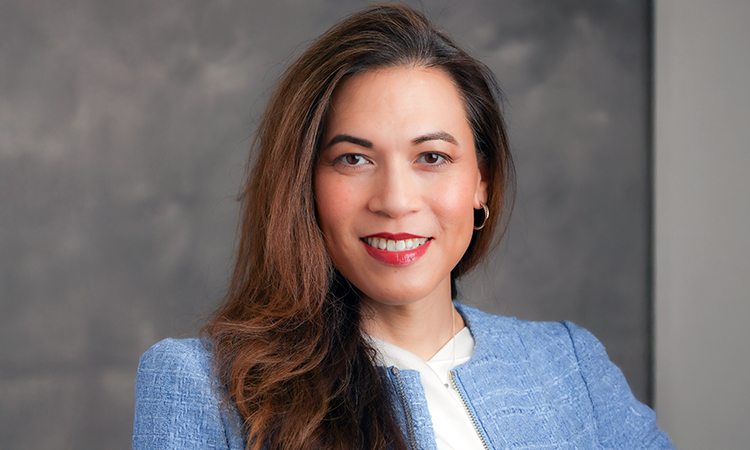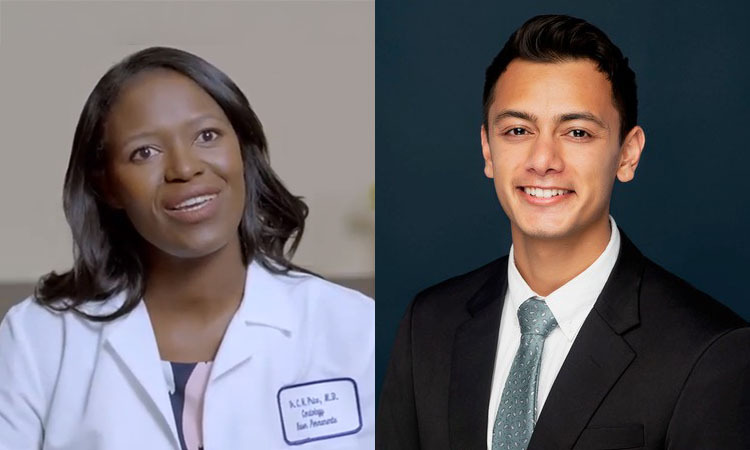A Grand Rounds event at Kaiser Permanente Bernard J. Tyson School of Medicine (KPSOM) brought together students, faculty, and staff for an innovative test of the use of artificial intelligence (AI) in clinical diagnosis. A video of this landmark event is now available.
Held on campus and streamed online, the event featured Dr. Gurpreet Dhaliwal, a nationally recognized expert in diagnostic reasoning, and Dr. Daniel Yang, Vice President for AI and Emerging Technologies for Kaiser Permanente. The session provided a unique opportunity to compare, in real time, how an experienced clinician and an AI tool would each approach the same complex case, offering insights into their complementary strengths and limitations.
The focus was a case involving a 22-year-old woman presenting with diffuse body pain, fatigue, and nausea. Dr. Dhaliwal expertly approached the case using traditional clinical reasoning, narrowing the differential diagnosis based on symptom patterns, medical history, and physical findings. At the same time, Dr. Yang used an AI chatbot, Copilot, to analyze the case. The approaches produced similar differential diagnoses that included fibromyalgia, malignancy, autoimmune syndromes, and endocrine disorders.
The session demonstrated potential benefits of AI in medical decision-making, including the ability to quickly synthesize large volumes of information, provide a second opinion for even experienced clinicians, and highlight overlooked symptoms.
The discussion following the exercise also addressed the tool’s limitations. Both presenters emphasized that AI should support—not replace—clinical judgment, particularly in cases where data is incomplete or ambiguous.
The event highlighted integrating emerging technologies into medical practice effectively will require a strong foundation in clinical reasoning. KPSOM continues to explore how tools like AI can enhance learning and support diagnostic excellence in future physicians.
Watch the video on the KPSOM YouTube channel .



